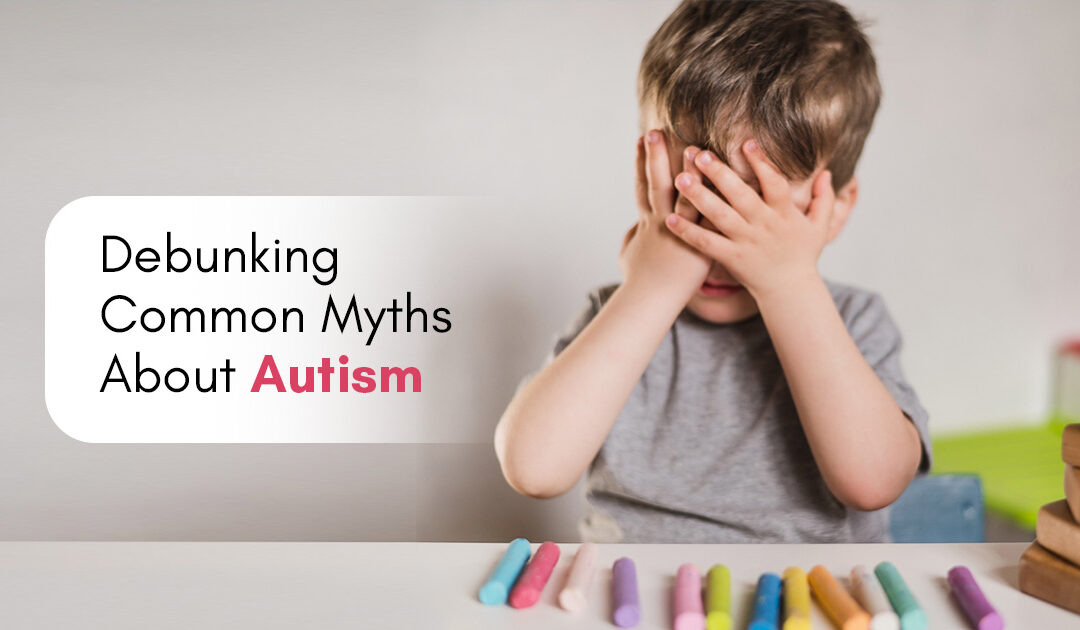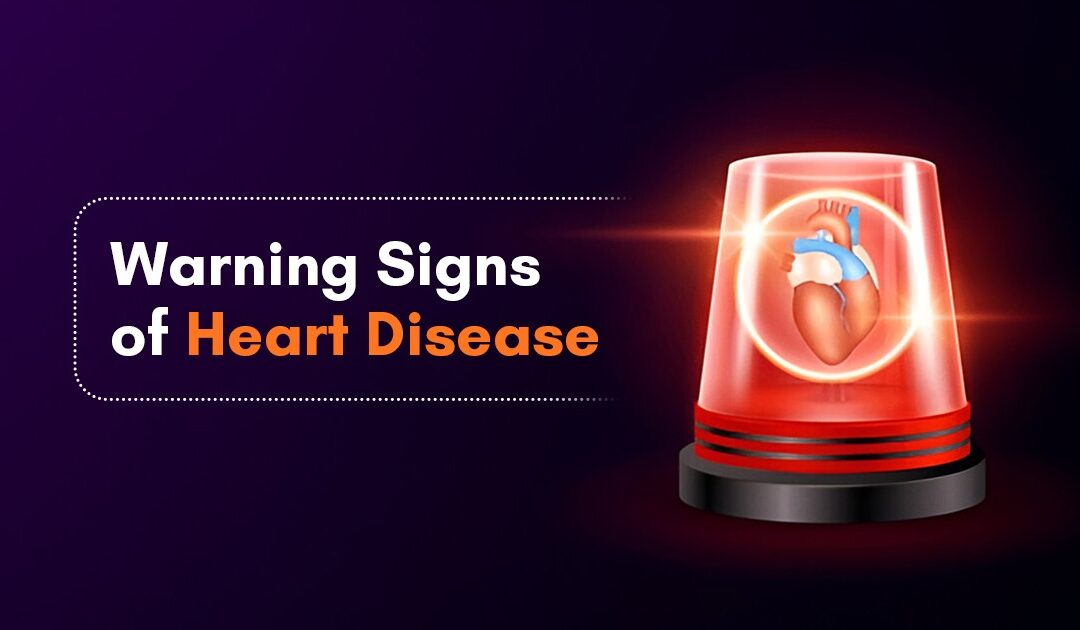Autism spectrum disorder, commonly referred to as autism, is a developmental condition that involves continuous difficulties with social communication, restricted interests, and repetitive behavior. It is a condition that spans over a lifetime, and its treatment and support vary from individual to individual. According to the Centers for Disease Control and Prevention, an estimated one in 36 children has been identified with autism spectrum disorder.
Misinformation regarding developmental conditions is known to spread quickly, and therefore, months such as April, dedicated to World Autism Awareness, go a long way in debunking the common myths and providing authentic information about the condition. If you are autistic or a parent of an autistic child or both, this blog might help you get answers to some of the common misconceptions about Autism Spectrum Disorder.
Myth 1: Autism is an Illness.
Several people refer to autism as an illness or a disease, but the truth is that it is merely a neurodevelopmental disorder. This means that when you compare a child with autism to one without, the brain development and function of the former is different from the latter. However, it is important to note that different does not necessarily mean bad or wrong. All individuals with autism do not face the same challenges. As the name suggests, it is a spectrum of disorders and needs to meet a criterion for proper diagnosis.
Myth 2: It is a Mental Illness.
Contrary to popular belief, autism is not found under mental illnesses. While all healthcare professionals rely on the Diagnostic and Statistical Manual of Mental Disorders (DSM-5) to diagnose neurodevelopmental disorders and mental health conditions, it is not a known fact that the book is divided into multiple categories for both sections.
A key difference between the two is that mental health conditions such as schizophrenia, bipolar disorder, or substance use disorder develop at a later stage in life, whereas autism spectrum disorder is a neurodevelopmental disorder, meaning the child is born with it. Several studies suggest that an individual with autism may be prone to developing psychiatric disorders as well, so the parents must look for shifts in moods and behavior in the child as they would with any other. While there are rehabilitation and treatment programs for those with mental health conditions, there are none for autism.
Myth 3: There’s an Epidemic of Autism.
The number of those with autism is growing. While this may sound like an epidemic, it is mainly because of four major factors consisting of:
- Larger recognition because of awareness and the availability of resources and tools for autistic children. This allows for early intervention, and supportive therapies play a huge role in diagnosing children with autism.
- Better medical expertise in autism is causing healthcare professionals to diagnose the condition in a quicker and enhanced way.
- Changes to the diagnostic criteria of DSM-5 in 2013 caused Autism Spectrum Disorder to be referred to as an umbrella diagnosis. This meant that Asperger’s syndrome, autism, childhood disintegrative disorder, and pervasive developmental disorder were replaced in the manual and then grouped under the ASD diagnosis, making ASD more popular overnight.
- New rules enabled healthcare professionals to diagnose Attention Deficit Hyperactivity Disorder (ADHD) with Autism Spectrum Disorder (ASD), which wasn’t allowed before. This caused both conditions to become more common, as both often occur together.
While research does hint toward an increase in the number of children with ASD, it does not meet the criteria of an epidemic.
Autism can be difficult to deal with. While we have walked a long way to understand the condition, we still have miles to go because of misinformation. If your child has autism, it’s essential to consult healthcare professionals for personalized guidance. While this blog here may provide helpful insights, nothing replaces expert advice.
If you have further questions, we are here to help! Book an appointment today and let’s work together to provide the best possible care for your child.




